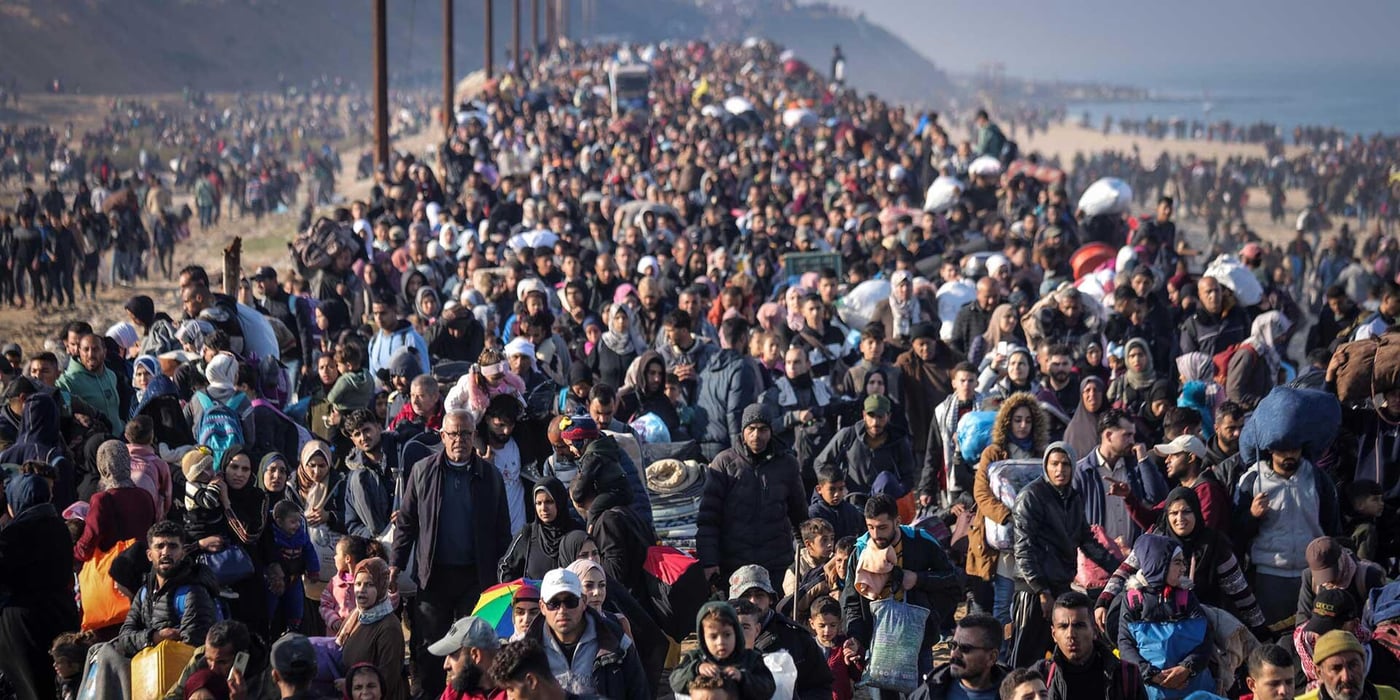The Norwegian Refugee Council stands ready to assist through its ongoing programs in conflict zones and emergency deployments in Europe.
At the same time, humanitarian aid and modest relocations are short-term fixes when the global refugee crisis demands a comprehensive approach. Addressing the root causes of displacement and protecting the right to seek asylum should underpin European policy.
Governments outside of Europe can also do more to assist people in need, especially the Gulf States, Russia and the United States. These states can and should increase their humanitarian aid and resettle more refugees.
A crucial component for Europe is helping front-line states such as Greece to receive, assist, register and screen new arrivals, who number about 5,000 people per day. The so-called “Hot Spots” to assist with reception and registration should be established without delay, ensuring fair treatment and procedures. The plan to relocate 160,000 asylum-seekers from Italy, Greece and elsewhere should be expanded.
The EU should also do more to ensure that people needing protection can reach Europe through safe and legal means, so they avoid dangerous routes. This means, among other steps, more resettlement of refugees from outside the EU, more humanitarian visas, and a revamped program to promote family reunifications. These steps will undermine smugglers who thrive when legal channels close.
In all this, the EU’s focus on strengthening borders cannot undermine the fundamental right to seek protection from repression, rights abuse and war. Improved border management is a legitimate goal so long as people can safely and fairly file an asylum claim.
Europe can handle this crisis with rational policy and good will. The number of people arriving in EU Member States remains moderate compared to many countries in the Middle East and elsewhere with far less capacity, such as Kenya, Pakistan and Chad.
Mass displacement – more than 60 million people around the world – cannot be addressed with a fortress mentality that tries to keep the problem out. It demands a unified and comprehensive approach to tackle the root causes of migration and to help those who are forced to flee.



